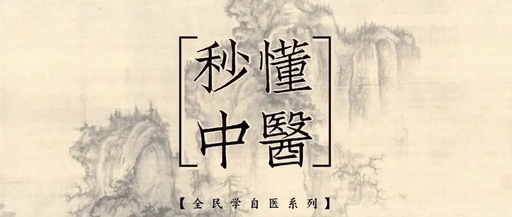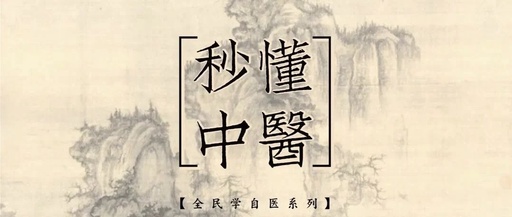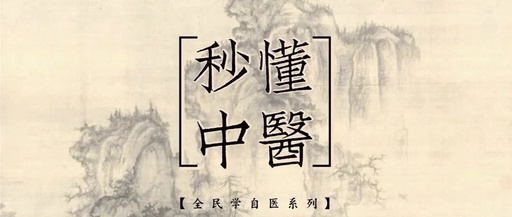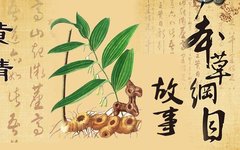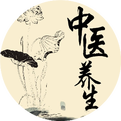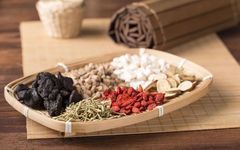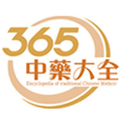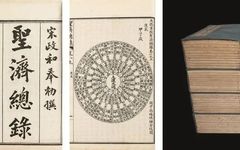Understanding the Eight Extraordinary Meridians: Chong, Dai, Ren, and Du
Section Eight: The Eight Extraordinary Meridians (Chong, Dai, Ren, Du) Let’s take a look at this chart: “The primordial qi” descends from the universe and enters the fertilized egg, forming the Chong Mai (Chong Meridian). This primordial qi cannot directly form a physical body, so it undergoes a transformation. This transformation is completed within the … Read more

